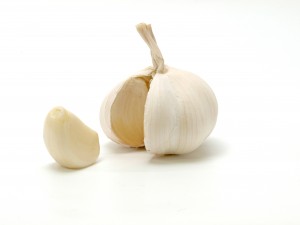Smell & Taste Of The Person You Love

Let’s examine the notion that you’ll enjoy the smell and taste of someone you’re in love with more than someone you’re not in love with. Is this the smell and taste of chemical compatibility in love?
The sense of smell and taste are a bit more primitive, or less cultured, if you don’t like the word primitive. Being less shaped by education and other external influences over the course of our lives. It’s a little easier to discern the presence or absence of love through the sense of smell and taste.
Sight and hearing, for example, come largely under the influence of education from the beginning of our lives since they are the more dominant senses and are important tools in the operation of conscious communication through the use of language. The forms of communication involved in smell and taste are much more remote and indirect.
Furthermore, we often learn to discount the information we receive through the nose and mouth. In relation to love, the senses of sight and hearing can more easily be influenced by what we expect, want, or believe. Touch, like smell and taste, is also a more directly experienced sense that is less shaped by external influences and also frequently ignored or at least misunderstood.
If someone you see looks attractive to you, and he or she tells you what you want to hear, it would be easy to ‘assume’ love is there based on the perceived match between what you see and hear, and what you want. The more original unadulterated sense of smell and taste are less influenced by your beliefs and expectations and can contribute to an experience of ‘knowing’ love exists.
The simple truth is, smell and taste will register love if love has occurred. They are much less likely to be involved in any effort to imagine or create love where it does not exist. They are less likely to participate in the fabrication of love because love is what you’re hoping for. Smell and taste tell it like it is. If love is there, your lover will smell sweet and taste great. If love is not, he or she won’t.
Comments? Welcome. Dr. Tom Jordan
